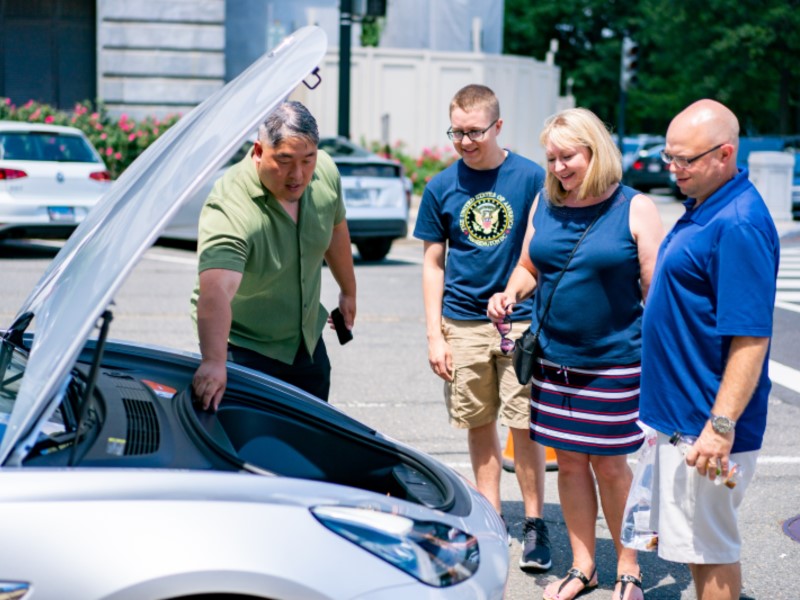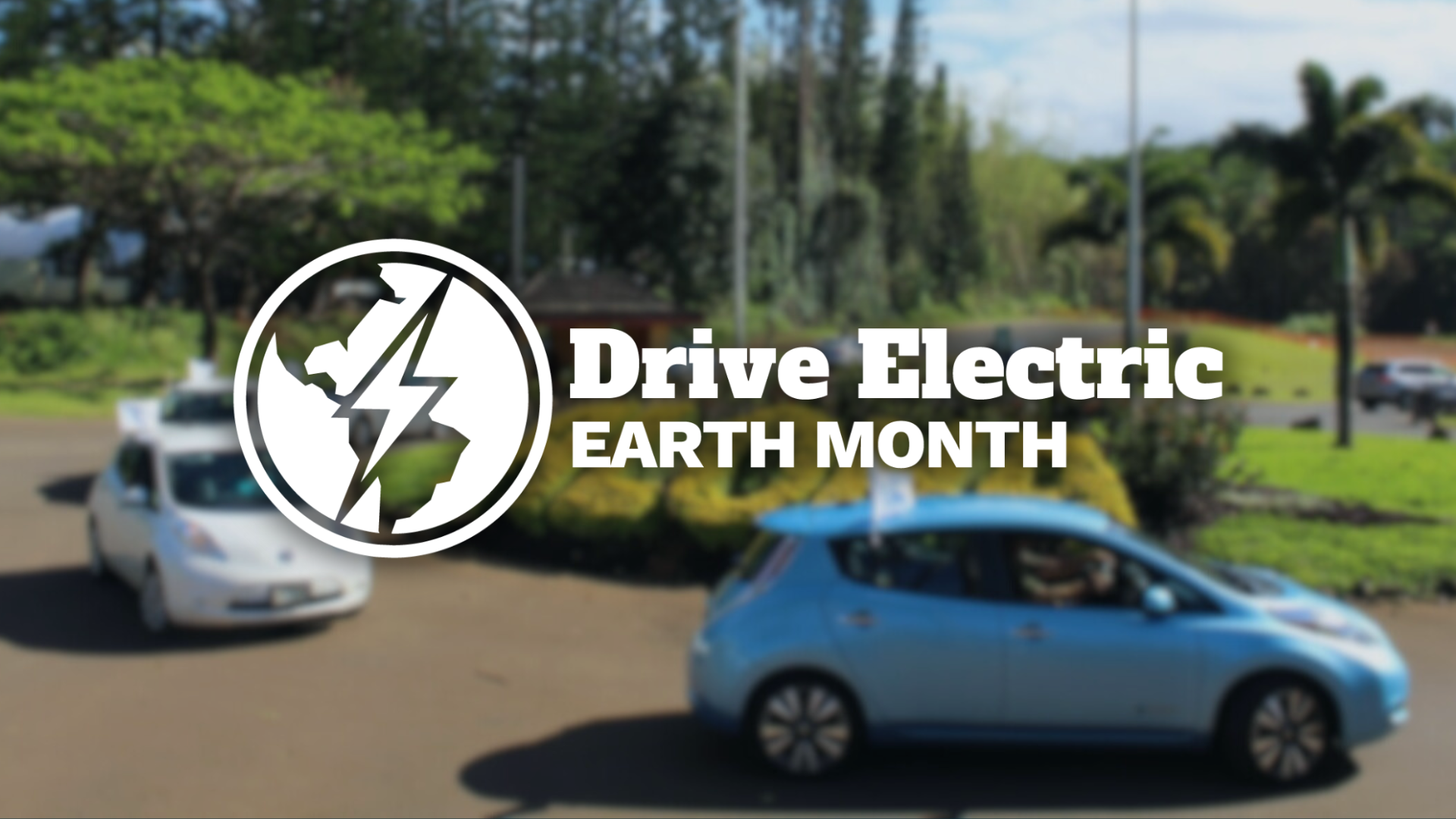Plug In America has worked with California Assemblymember Al Muratsuchi to introduce House Resolution 117, the EV Driver Bill of Rights. The resolution outlines the rights of EV drivers relating to the purchase process for a new or used EV, as well as the rights EV drivers can expect for a seamless charging experience and for ownership of the vehicle. Among the rights included are the right to know the expected range per full charge of the battery in a new and used EV, the right to access a robust network of public charging stations, and the right to install EV charging stations in homes, apartments, and other buildings.
California is the first state to introduce the EV Driver Bill of Rights, but we look forward to more states and cities supporting the EV Driver Bill of Rights as well, to ensure that consumers can make the switch to driving electric without worry.
Read the full text of House Resolution 117 here.
“In California, we are proud to support the use of EVs,” said Muratsuchi. “California continues to lead the way in environmental protection and EVs play an important role in meeting our greenhouse gas reduction goals by helping to improve air quality and keeping the environment clean for all Californians.”
“As the EV market transitions from the early adopter stage to the mass market phase, we want to ensure that this transition to an electric driving future is as smooth as possible,” said Joel Levin, Executive Director for Plug In America. “The EV Driver Bill of Rights gives the consumer the confidence that she will be able to purchase the right EV for herself through an informed buying process and be able to charge at home on off-peak rates, or at a public charging station with proper signage, maintenance and transparent pricing.”
“As an EV driver/owner, I strongly support the proposed Bill of Rights for EV owners/drivers,” said George L. Parrott, an EV driver from Sacramento. “I got my first fully electric Nissan Leaf in 2011, and at that time chargers were few and far between, and public chargers were often used as parking spaces for gas cars. We need to protect and expand the infrastructure of charging options for EVs and support the opportunity for apartment and multi-unit dwelling residents to have a way to charge their EVs with convenient, overnight, power access.”

